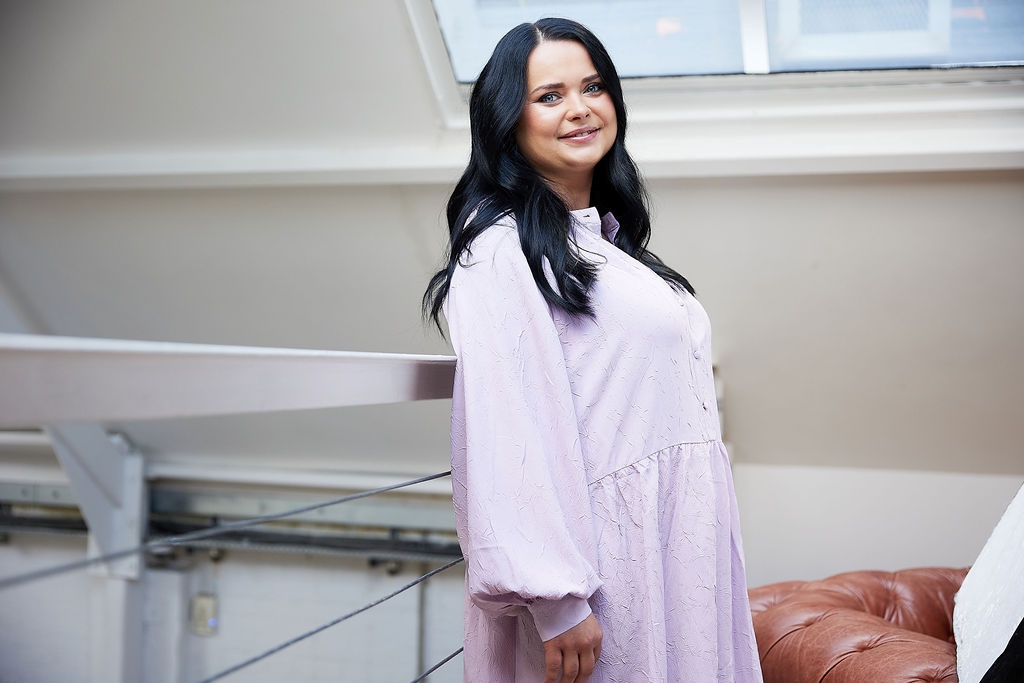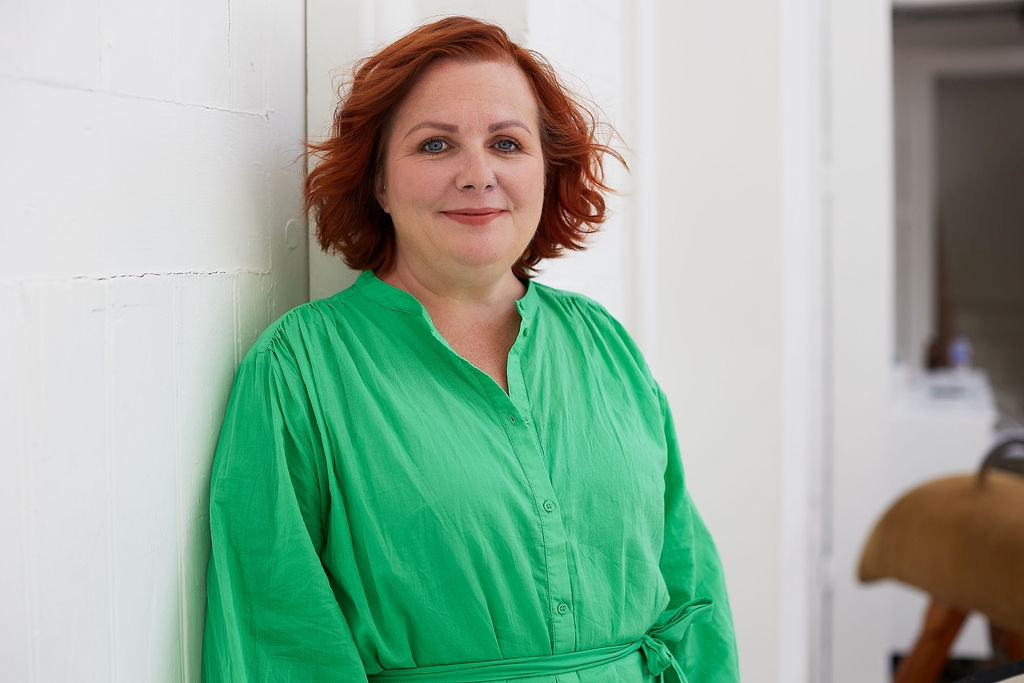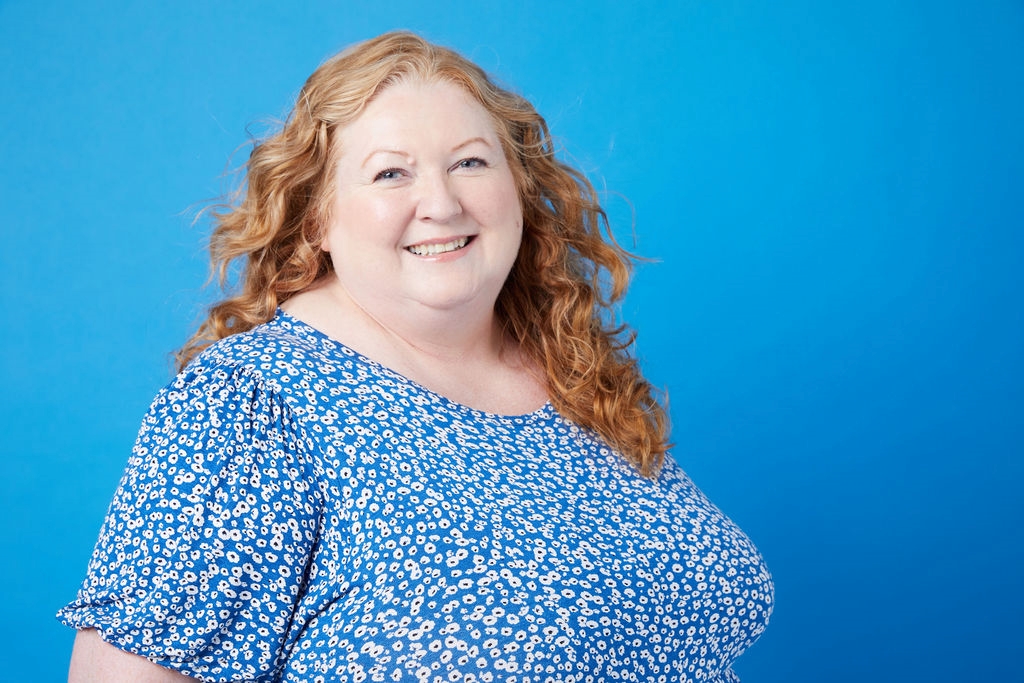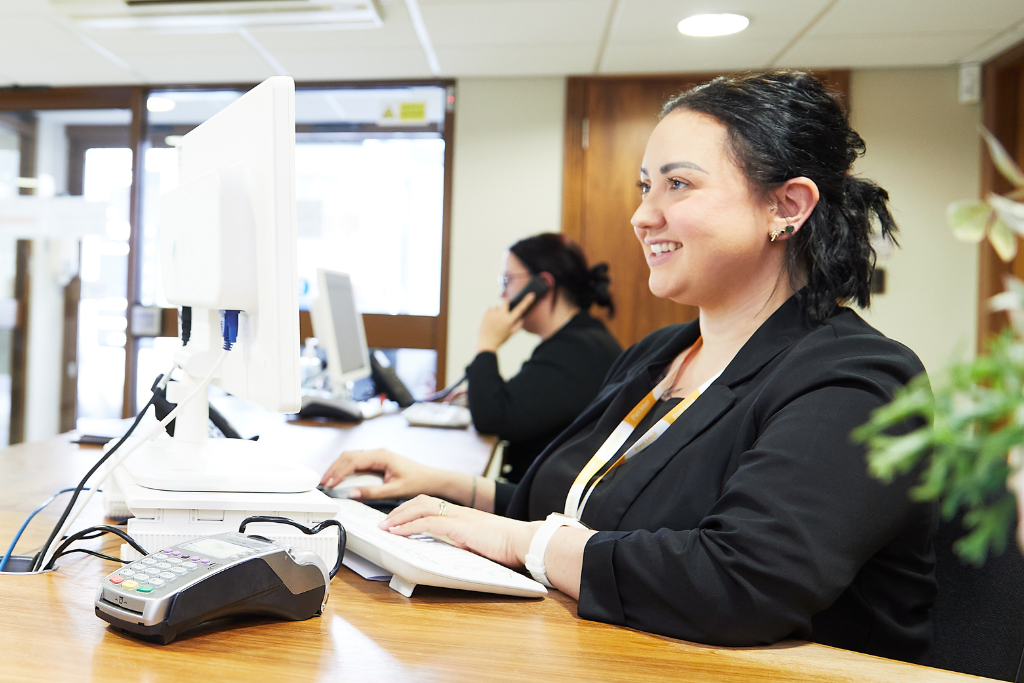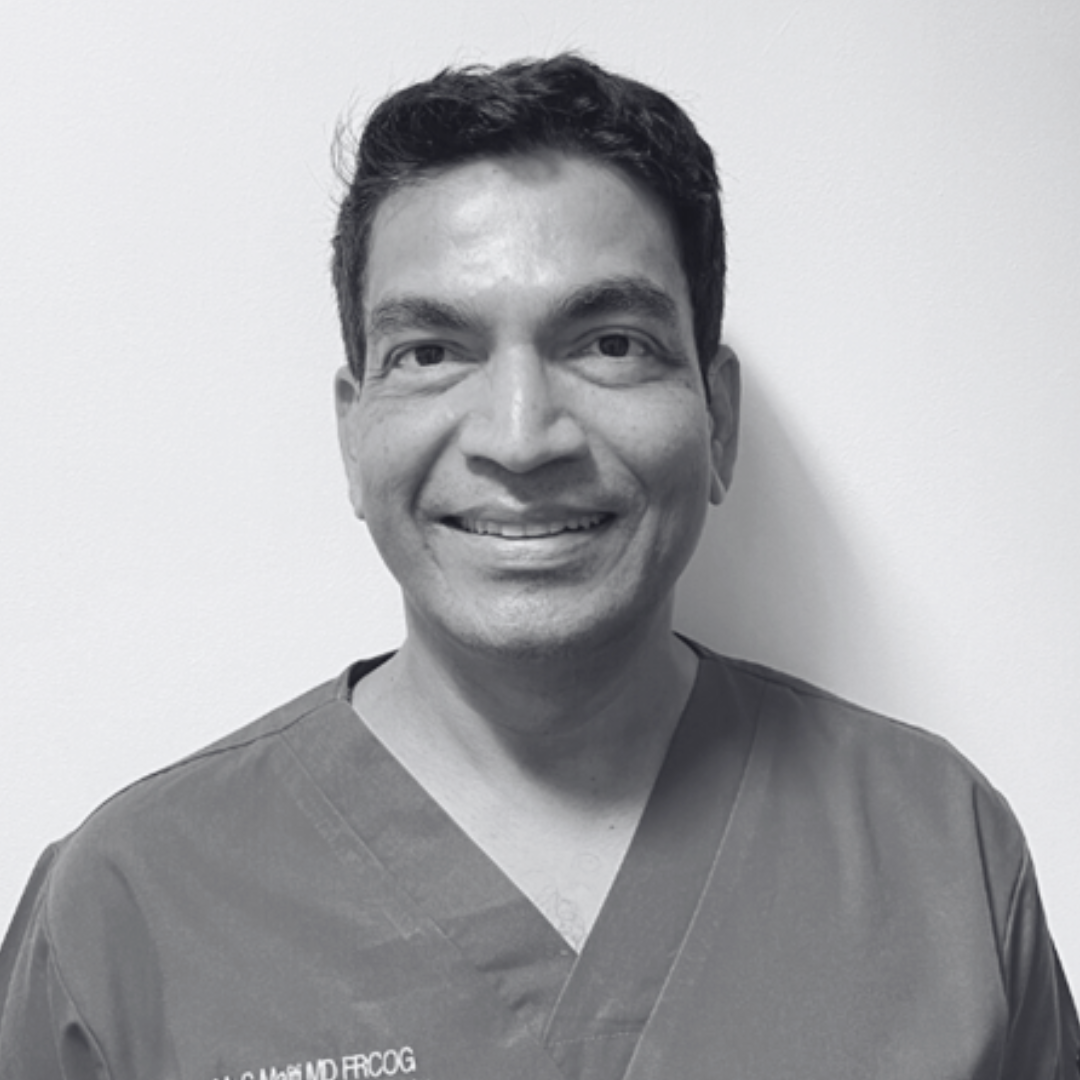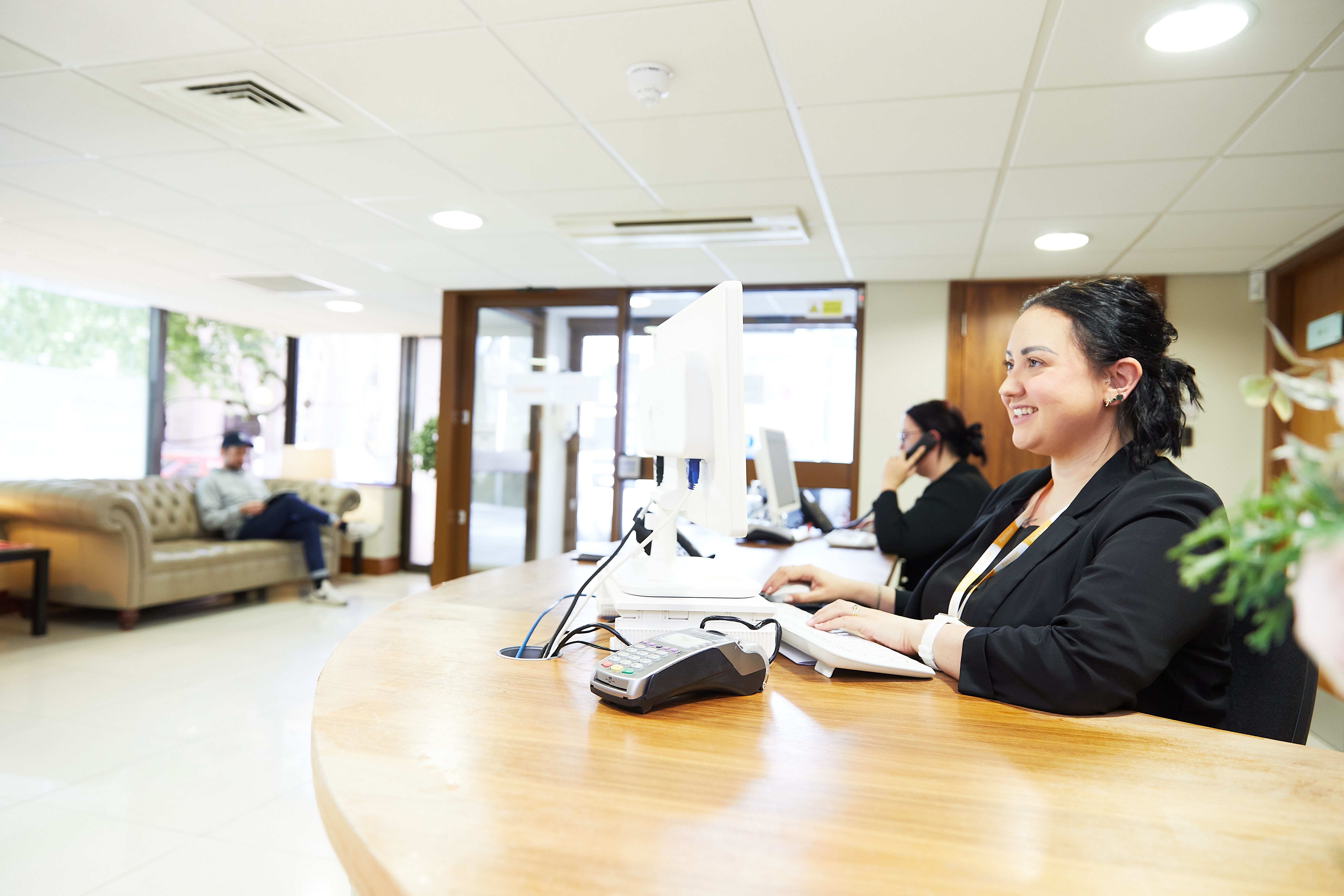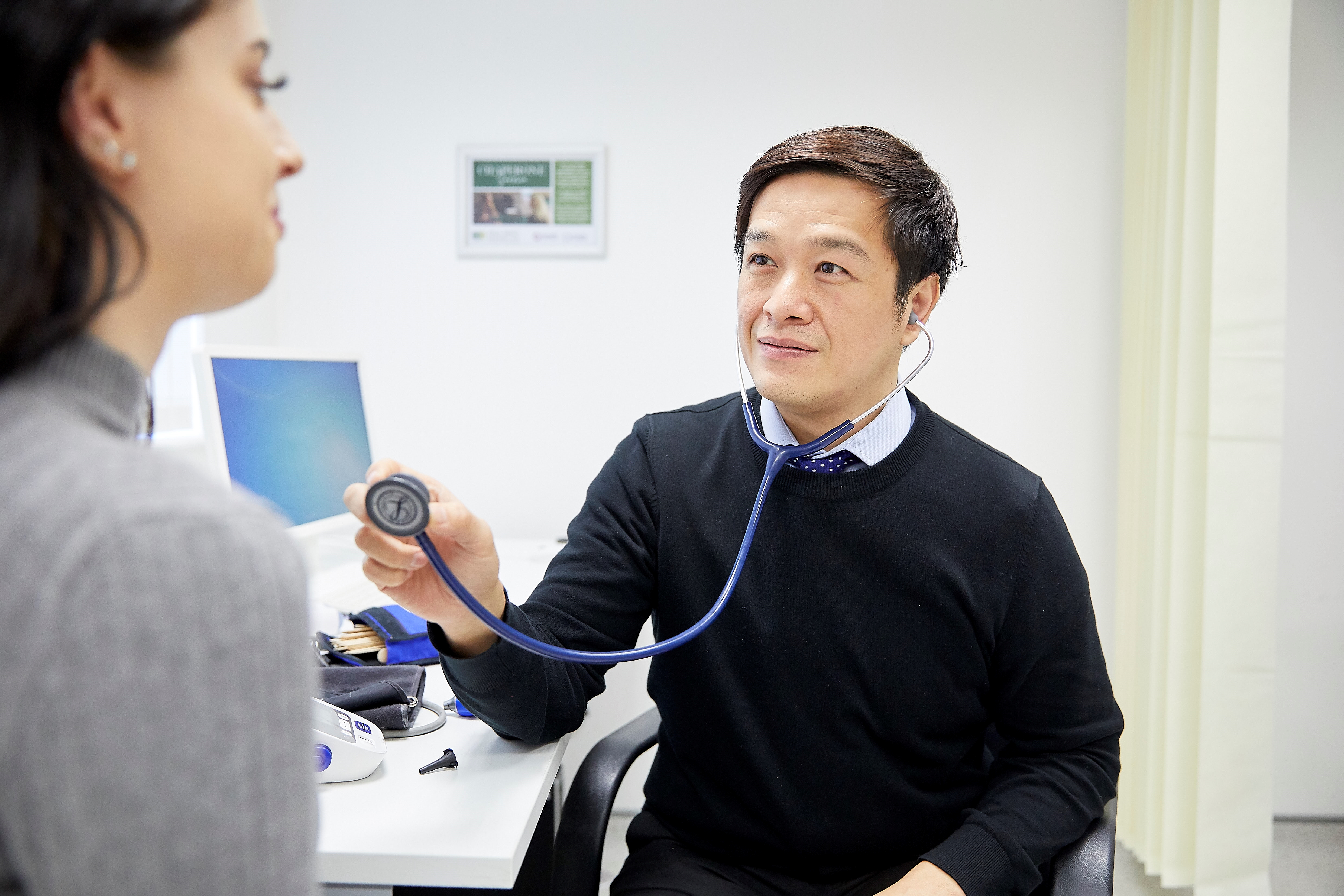Gynaecology surgery at Pall Mall is carried out at our very own private hospital. Whatever you symptoms or concerns, we offer a wide range of treatments and solutions following consultation with our Gynaecologists.
At a private Gynaecologist consultation, you can discuss any worrying symptoms you’re experiencing. There are so many possible concerns, in the area of women’s health, from pregnancy and fertility to menstruation and menopause, it’s important to have quality time with your Gynaecologist. That’s why going private is so valuable.
Our Gynaecologists are specialists who are experts in women’s health. They have a deep understanding of all your medical and emotional needs. That means they are not only highly qualified medically, but they know care, support and compassion play a key part in helping you with your condition.
Everything discussed is treated in complete confidence and with total discretion. Your diagnosis, test results or details of your procedure, will not be passed on to your doctor unless you ask us to do so.

